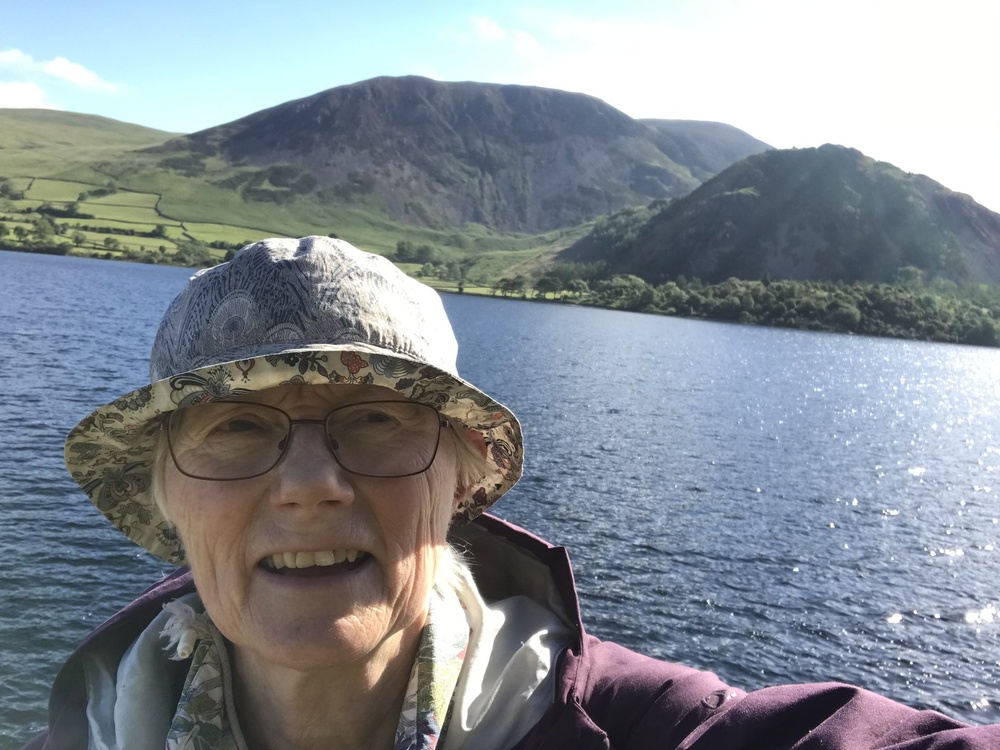You might already know that The Lily Foundation has a Medical Board, but perhaps you're wondering who its members are, and what do they do?
We're proud to have some of the leading experts in mitochondrial disease on our Medical Board. They help guide our research strategy, keep us informed about the latest developments in research, and link us to the medical and science communities. They hold senior posts at the UK's main mitochondrial centres in London, Oxford and Newcastle, and are often directly involved in Lily-funded research projects. In short, they are pretty amazing people!
Over the coming months we're going to be sharing some short Q&As with our Medical Board members, to give an insight into their roles and find out what its like to work at the leading edge of mitochondrial research.
This month we meet Professor Joanna Poulton, Honorary Consultant in Mitochondrial Genetics at Nuffield Dept of Women's & Reproductive Health, University of Oxford. A pioneering expert in mitochondrial genetics, Jo is one of our longest-serving Medical Board members. Currently she is involved in our Lily-funded Rare and Undiagnosed Diseases Study (RUDY), a groundbreaking patient-centred mitochondrial research tool.
What led you to specialise in the field of mitochondrial diseases?
I was drawn to the excitement of working in an area of research where there was so much to learn, so many questions to answer. When I started my research, mitochondrial disease was vanishingly rare, and there was hardly any information about how to manage it clinically. But once we began to discover the molecular causes for the diseases by analysing patient samples, we could start looking at how to manage it. Looking at how to answer those questions for patients, particularly in the area of potential reproductive options, was very exciting and my own research in that area helped lay the scientific foundations for new options for affected families. Advanced reproductive options such as preimplantation genetic diagnosis (PGD) and chorionic villus sampling (CVS) are now available and suitable for some families. Mitochondrial replacement therapy, while still in an early stage of development, could also prove to be useful.
What are the most rewarding aspects of your role?
I love the research and the insights that it provides for patients. I very much enjoy explaining diagnoses to patients and supporting them in that way, although I do much less of it now that I’ve wound down the clinical work to focus on research. What patients really want is information about their condition, to know what to expect, what options are available. I feel really grateful to have been able to help in this area.
What are the biggest challenges?
The biggest challenges have always been the lack of good treatments available for patients, and the difficulty in getting grant funding to forward our ideas about this. There are so many promising areas of research to explore, and the benefits could impact other serious diseases too, not just mitochondrial conditions. The Lily Foundation have made a huge difference by helping to increase funding and raise awareness, it's one of the reasons why the work they do is so important.
Are there any specific research projects that you're excited about right now?
I’m excited about the way that so many new findings point to the importance of mitochondrial dynamics and mitophagy (the movements and quality of mitochondria) in disease research. Quite recently it has become obvious that these processes are important for the whole field of immunology. Immunology is really big and complex field which can seem impenetrable to non-specialists, so we need to set up new collaborations to advance research in this area. This is another area where charities like The Lily Foundation come in.
What other projects have you been involved in with The Lily Foundation?
The Lily Foundation have been wonderful. As well as funding lab work and research nurses they are now funding a website for patients on which patients can record information about their progress. This online technology is revolutionising how patients can participate in research, offering new ways to gather complex data on rare diseases, organise it efficiently, and share it ethically with medical scientists and clinicians.
What do you think is the most important message to get out about mito?
That research is moving in the right direction, and patients and their families shouldn’t give up hoping! Advances are almost always much slower than we expect, but we are now seeing promising studies into approaches that might eventually turn into treatments.

